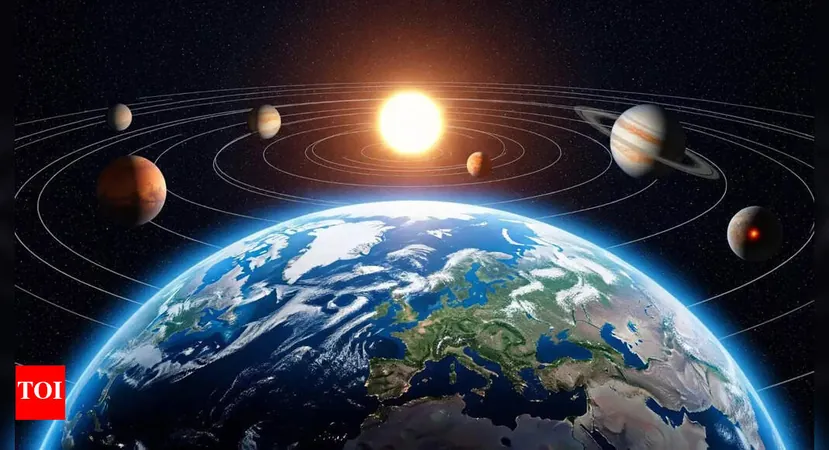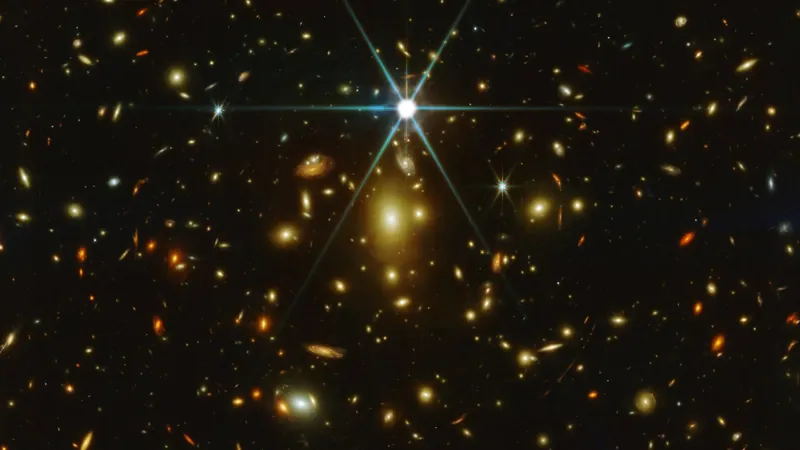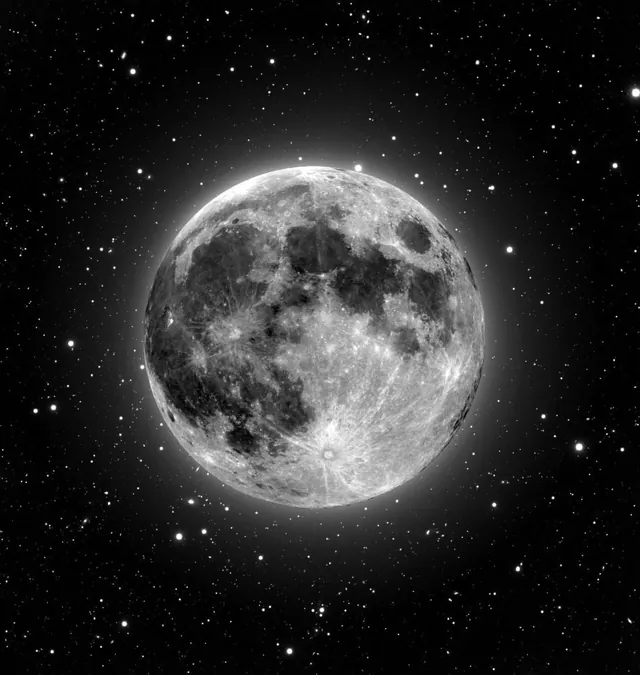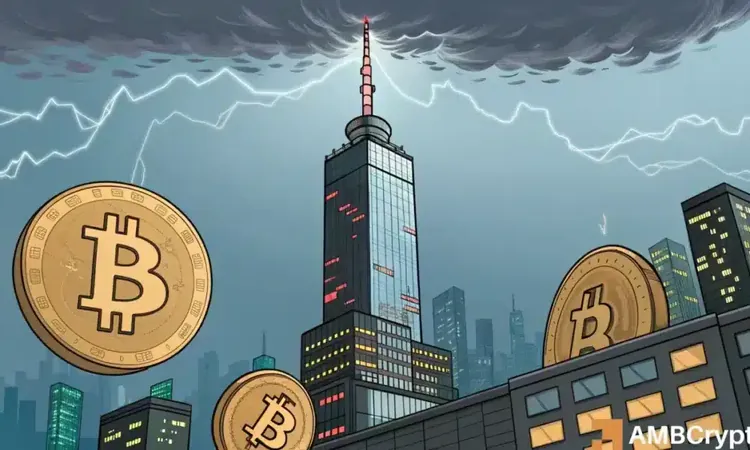
Could Earth Be Flung Into the Cosmos? Scientists Reveal Shocking Possibility!
2025-06-23
Author: William
The Breathtaking Possibility of Earth’s Ejection!
Imagine Earth cast into the vast, chilling void of interstellar space—sounds like a plot straight out of a science fiction movie, right? But a groundbreaking new study implies that this astonishing scenario could actually happen!
What the Researchers Discovered
Led by renowned scientists Nathan Kaib and Sean Raymond, the research team conducted extensive N-body simulations to explore how interactions with passing stars could disrupt our solar system's delicate balance. The study revealed a minuscule, yet significant chance that Earth might be dislodged from its orbit, facing catastrophic outcomes like colliding with another celestial body or being flung into the emptiness beyond.
Cosmic Chaos: What We Learned!
Published in the journal Icarus, this alarming research highlights how nearby stars, particularly those wandering within 10,000 AU (astronomical units, over 10,000 times the distance between Earth and the Sun), can unleash chaos on the outer regions of our solar system. These interactions could even send Mercury spiraling into instability, increasing its risk of upheaval by a staggering 50-80% over billions of years!
The Risks for Our Planet!
The implications? A 0.2% chance exists that Earth could either collide with another planet or be flung out into the cosmos. These findings amplify our understanding of cosmic threats, revealing how even those seemingly distant stars could disrupt the harmony of our planetary system.
The Alarming Timeline
Looking ahead, the potential timeline suggests that while the odds of Earth being ejected are extremely low over the next five billion years, the planet could face serious disruptions long before its eventual fate at the hands of the Sun. Within that time frame, the chance of a chaotic encounter looming within 100 AU is estimated at about 5%.
If Earth Were Ejected—What Would Happen Next?
If the unthinkable occurred, and Earth were to drift into the cosmic dark, our lovely blue planet would lose its life-sustaining warmth. Without the Sun, temperatures would plummet, the atmosphere would collapse, and all surface life would perish, leaving only the hardiest of microbes to cling to geothermal heat.
Should We Worry Right Now?
For the moment, there's no need to panic—our closest stellar neighbor isn't set to approach for another 1.3 million years. The chances of Earth being ejected during our lifetime remain negligible. But this fascinating research serves as a stark reminder of the fragile balance within which we exist in the cosmos.
Final Thoughts!
While the notion of Earth spiraling through the cosmos is thrilling, the odds of such an event are slim, residing billions of years in our future. As astronomers continue to survey our stellar neighbors, we’re slowly piecing together the cosmic puzzle that could one day alter our world. So, the next time you look up at the twinkling stars, ponder the unpredictable nature of our universe—because who knows, one day Earth might just receive an unexpected ticket out of our solar system!









 Brasil (PT)
Brasil (PT)
 Canada (EN)
Canada (EN)
 Chile (ES)
Chile (ES)
 Česko (CS)
Česko (CS)
 대한민국 (KO)
대한민국 (KO)
 España (ES)
España (ES)
 France (FR)
France (FR)
 Hong Kong (EN)
Hong Kong (EN)
 Italia (IT)
Italia (IT)
 日本 (JA)
日本 (JA)
 Magyarország (HU)
Magyarország (HU)
 Norge (NO)
Norge (NO)
 Polska (PL)
Polska (PL)
 Schweiz (DE)
Schweiz (DE)
 Singapore (EN)
Singapore (EN)
 Sverige (SV)
Sverige (SV)
 Suomi (FI)
Suomi (FI)
 Türkiye (TR)
Türkiye (TR)
 الإمارات العربية المتحدة (AR)
الإمارات العربية المتحدة (AR)